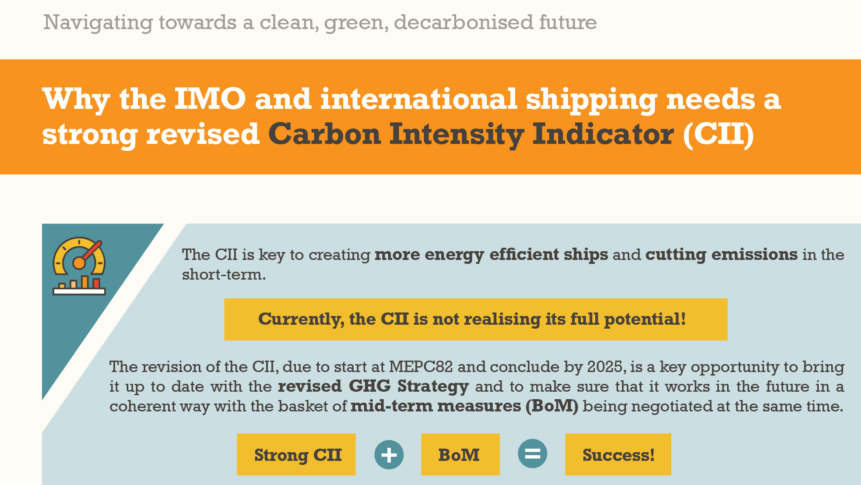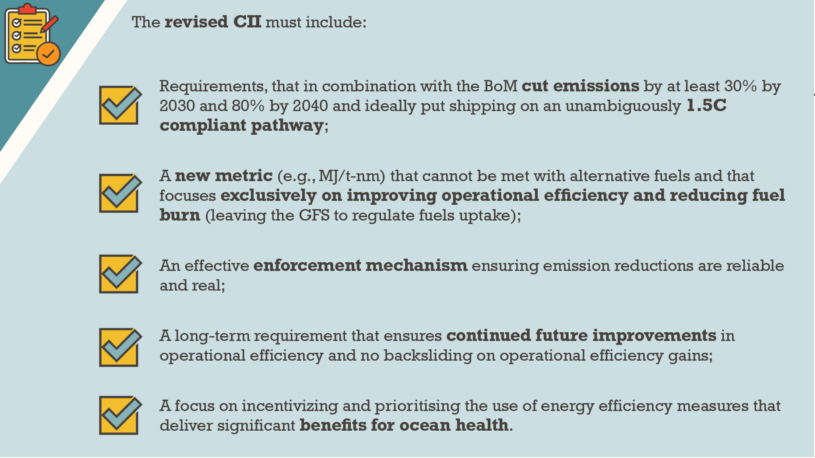The wrong side of history: Shaama Sandooyea’s address to MEPC 80

Thank you for giving us the floor.
Chair, my name is Shaama Sandooyea and I am a marine biologist and climate activist from Mauritius. Today is my first time at the IMO, and the Clean Shipping Coalition has offered me the chance to take the floor and make a short statement on their behalf.
There are only two possible outcomes from these negotiations: either member states follow the science and set a 1.5C compatible emissions pathway or you fail to do your job here. By the way, for a 66% chance of staying below 1.5C that’s a 50% cut by 2030. Anything less is not good enough. The world is watching and right now, you are on the wrong side of history.
The following years until 2030 are decisive – for the climate, for the people, and for the future of the planet, and we do not have the time or the privilege to agree on a grey area.
The Paris Agreement came into effect 8 years ago and these negotiations around climate targets should be “kids’ play” by now. That’s how much the IMO is lagging on reality.
Although trying to respect the Paris Agreement’s 1.5C temperature limit is a decent start, the IMO still has a lot of work to do to at least become a responsible industry – not even sustainable.
What’s preventing you from adopting these targets? Your government chiefs? The oil and gas lobbies? The economy? Are those things more important than the lives of the people?
Not listening to science is a clear message saying you don’t care. To be clear, the IMO’s current negotiations are addressing only one part of the shipping’s contribution to the ecological crisis – the climate. There are way more issues that the shipping industry is responsible for that are endangering marine life, impoverishing coastal and island communities, and of course, jeopardising our future.
I urge you all to take a look at this new report from CSC → 50 years of MARPOL and nothing solved!
Three years ago, the bulk carrier MV Wakashio stranded on the reefs in Mauritius and 1000 tons of oil was spilled in the lagoon, destroying marine lives. Today, it’s the people’s lives that are destroyed – they have health problems, they cannot eat the seafood, they are struggling to make ends meet, they cannot send their kids to school.
Who is listening to them? Who will make the world a better place for them? Who will change things for them?
In just two years, 8 vessels stranded in Mauritian waters, and some are still there. Scientists are expecting this year’s El Niño to be very consequent. This means more extreme climatic conditions at sea, more maritime accidents, more damages.
Now the question is: are you brave enough to change the course of history?


